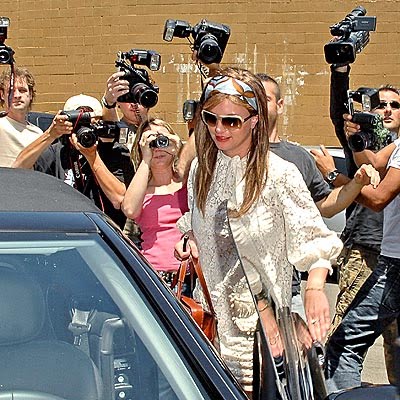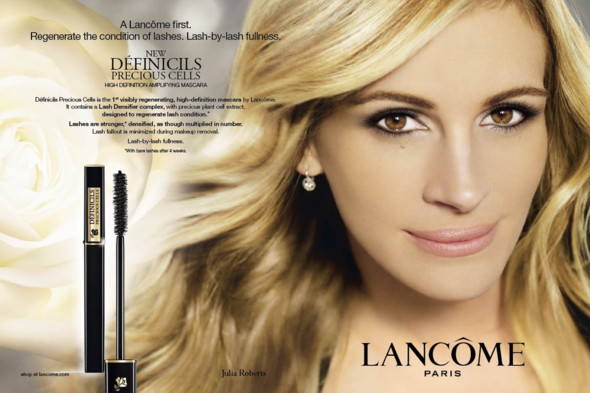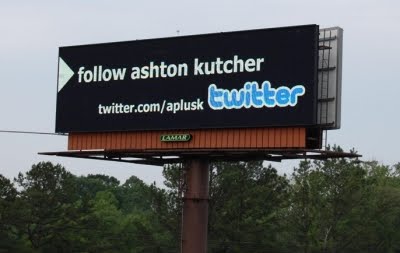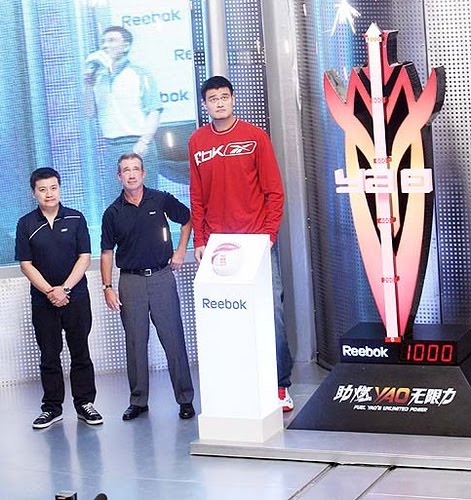
Zoe Tay and Imedeen – Positive Partnership or Fabulous Failure? (source)
Lights (tweet), Cameras (Facebook update), Action (blog post)!
One of the fastest growing phenomenon on social media channels, celebrities are flocking to these online channels to expand their reach to their increasingly social media savvy fans.
Almost all entertainment personalities have either a Facebook fan page, an Instagram account, a blog, a Twitter account, a YouTube channel or all of the above these days.
While some are created by fans – a trend which began with fansites and forums in the past – many are developed by the glitterati class themselves, their artiste management companies, production houses, media owners and other corporate stakeholders.
By now, everybody ought to know that “A-list” celebrities often exert as much digital influence as they do in real and “reel” life. Just look at the list of top Twitter users based on the number of followers.
While the most “liked” Facebook fan pages appear to have a broader representation (with Pizza and Coca-Cola making the list), stars like Michael Jackson, Megan Fox, and Lady Gaga are on that list.
With such a great following in the digital domain, should companies then work with the hottest personalities online (and offline) and pay them to become their brand advocates?
Benefits of Engaging Celebs
First, the good news.
Working with a superstar allows your company or brand to raise its level of mindshare and top-of-mind-recall in previously untapped markets. A specific actor or actress may be popular amongst say heartland “aunties” and a washing powder brand could ride on that appeal to move stock. The hottest singer in a country’s charts may also help a a new foreign product to penetrate its youth segment.
Leveraging on luminaries is also a quick way to associate a brand with the right values. Such a co-branding approach would work with athletes (eg Reebok with Yao Ming) whereby the brands could tap on the fan-base seeking to emulate whatever their their hero/heroine wears, uses or does.
As media magnets, celebrities also help to create buzz – both online and offline. The multi-million dollar deals that they sign with brands are often highly watched and monitored by the press.
This could allow a relatively obscure brand to rise to prominence.

Check out the number of cameras on Britney! (source)
Cons of Hiring Celebs
Next, the bad news.
While banking on an upcoming star could prove extremely profitable for your brands, betting your budget on a declining one could prove disastrous.
Sure, Nike is still continuing its sponsorship deal with Tiger Woods despite his well publicised sexual shenanigans, but its latest commercial (see below) is attracting attention for the wrong reasons.
https://www.youtube.com/watch?v=5NTRvlrP2NU
Celebrities are also highly fungible, ie the price for an endorsement deal is often decided by what the market is willing to pay more than anything else.
While an up and coming starlet may be more amenable to contractual negotiations, white hot A-listers are unlikely to give you face-time unless the price is right.
In case you do not remember, Yao Ming used to be with Nike before he defected to Reebok (ie highest bidder wins). Notice the little swoosh in the corner of his jersey?
Finally, the sheer number of endorsements, appearances, videos, posts and tweets by a celebrity may dilute your brand prominence or just confuse the public.
Conversely, a brand which switches its celebrity of choice too frequently may end up sending mixed signals about its brand identity and personality.
If you think about a highly bankable star like Julia Roberts, for instance, which brand would automatically come to mind?

Julia Roberts may be Lancome’s girl, but her face also launched a thousand other brands (source of photo)
Should You Hire a Superstar Influencer?
So, with all that said, should your company grab a headlining superstar into the act?
Yes and no.
First, you’ll needs to consider the occasion and the need for celebrity endorsement.
If your intent is to get a relatively new and untested product out into the public consciousness, working with celebrities (the right ones that fit your brand profile) may help you to jump start that process.
Companies competing in extremely crowded consumer markets like FMCG products may also need that added famous flash-and-dash to stand out. In a highly cluttered and crowded market, it is hard to merely depend on Tom, Dick and Sally to make an impact.
Longer term however, a company should look at building its own brand and developing its own personality independent of its superstar advocates.
While huge global brands like VISA, Nike, and Lancome could benefit from having similarly big names to prop their popularity, smaller outfits may be seen as “trying too hard” and lack consumer credibility.
Finally, celebrity endorsement should be seen as part of a marketer’s tool box – the means rather than the ends. Not every marketing campaign warrants an actor, sportsman, or singer.
However, if specific occasions call for it, you shouldn’t shy away from tapping on their megawatt smiles and household names.
PS – Check out this great article on celebrity branding by Martin Roll too.




Celebrities may distract attention from the brand in ads such that consumers notie the stars but have trouble remembering the advertised brand.
celebrity endorsements